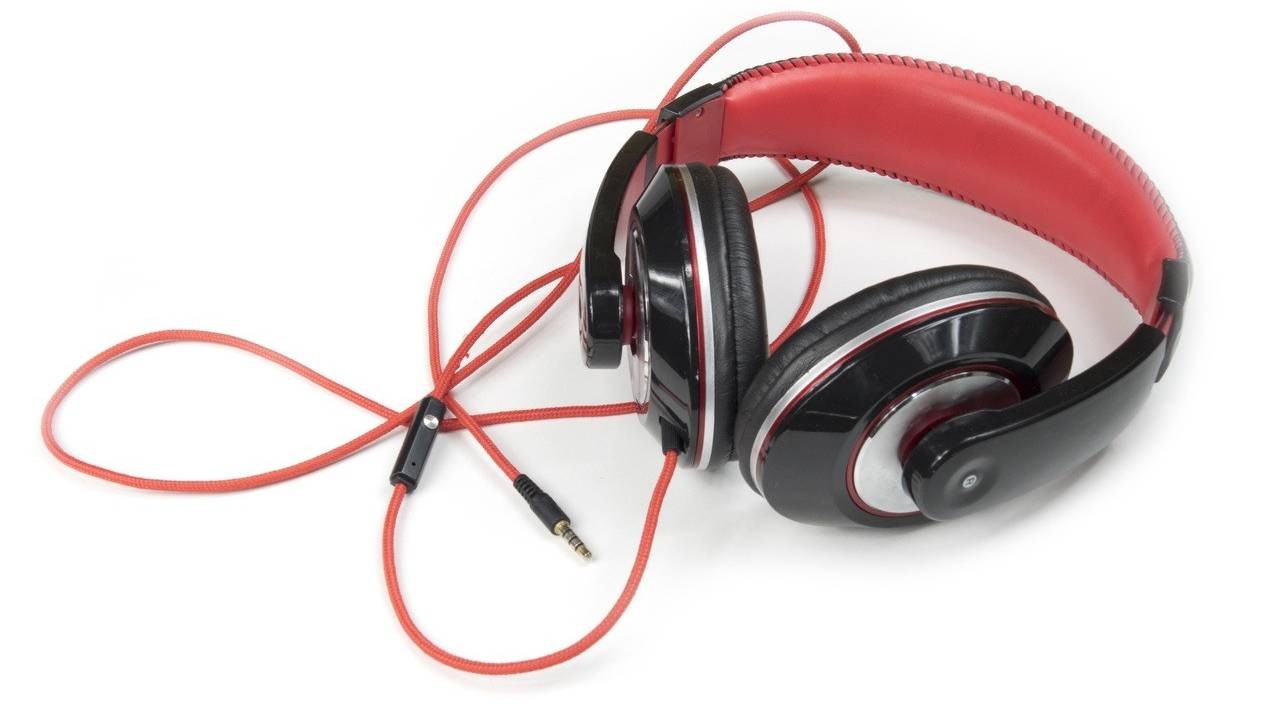Listening, Not Just Hearing...
Apr 24, 2021
In the last post, I mentioned one thing I saw mentioned in every article I dug into as being essential to developing effective communication skills; listening. There was certainly a point in time where I would have argued that idea but I’d like to think my head isn’t in that part of my body all that often anymore… In fact, Cindy and I stress how important listening for building influence is as a leader in multiple spots of our Emerging Leader Development course.
First, consider just how much effective listening can impact the influence someone in a leadership role earns with us… Here’s where we draw the line between a person who has authority over us and a person we’re willing to follow! The person who’s simply in charge can probably get away with bark demands without paying any attention whatsoever to what’s on our minds - at least for a little while. Sooner or later, most of us will have had a belly full of that. The one who invests the time into listening to the people around them before making decisions or giving direction earns a far different level of influence. The people I’ve had the most respect for throughout my career, who are also the people I was willing to do the most to support, were the people who were willing to listen. They were the leaders!
Now consider how effective listening can be just as important for when we’re interacting with another person in any other part of our lives… Who do we respond best to, someone who’s intentional about listening to what we share with them or someone who spews whatever they have to say all over us and goes on about their business?
Clearly, listening is a crucial effective listening skill! But let’s be honest, listening is rarely as simple as just hearing what someone says. Becoming an active listener often requires developing a clear understanding of how we’re wired internally AND being able to recognize the lens each person we’re communicating with sees the world through.
Last time I mentioned the science behind what many of us know today as the DISC Model of Human Behavior. William Marston didn’t do his research to sell assessments, although the vast majority of folks who tout DISC offer nothing more than an assessment, his goal was to develop a framework that showed simple patterns for how individuals communicate. That said, he built on that work to create something widely used today which reads changes in systolic blood pressure to tell whether or not we’re being honest. the FBI tried to discredit his work for nearly two decades but now they use the lie detector on a regular basis...
When we understand those simple patterns that Marston outlined, within ourselves and with each person we communicate with, we have more perspective for why one person interprets a situation one way while the person right beside him sees a completely different picture. What’s that have to do with listening? And how could that possibly tie back to effective communication skills? Those simple but very important differences in how we’re wired plays out in how we communicate. When we can recognize these differences, through the framework of the DISC Model of Human Behavior, we can use that understanding to adapt our listening and key directly in on the point of view the other person is speaking from. We’re not just hearing what they’re saying; we’re listening for understanding - and that makes any further communication far more effective!



